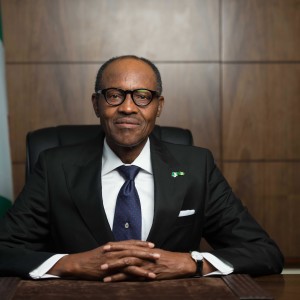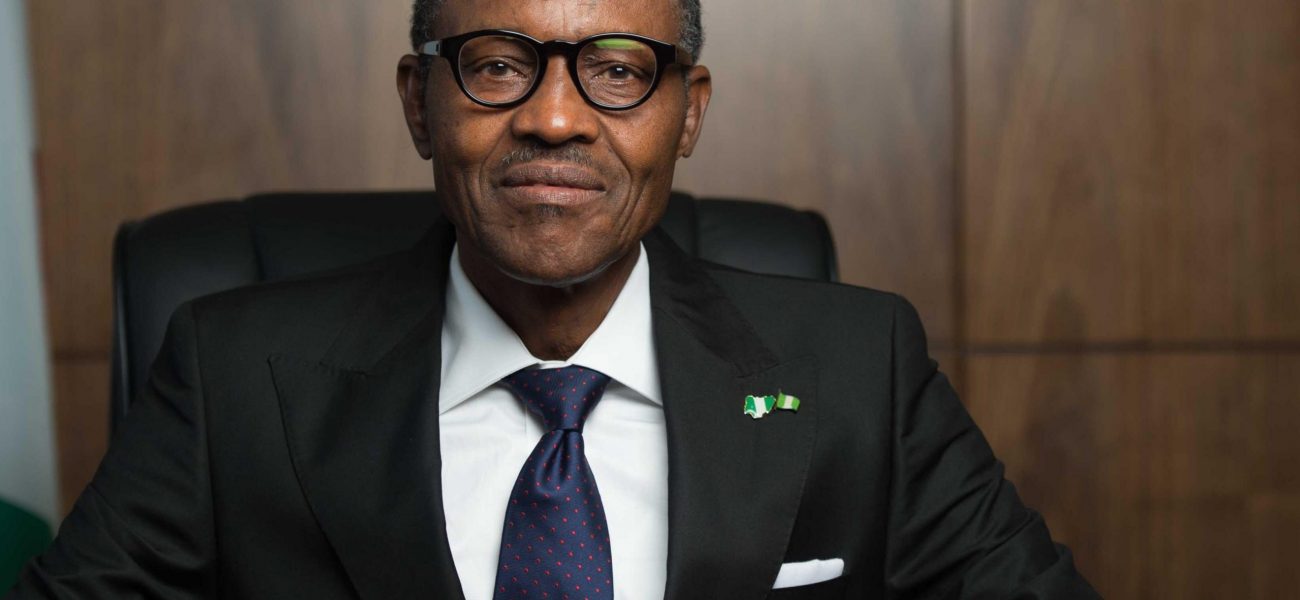 Former President, General Muhammadu Buhari’s victory represents a significant moment in Nigeria’s political history. For one, the General has become the first opposition candidate to win a Presidential election in one of Nigeria’s most keenly contested elections. The incumbent President’s defeat is the first time in the history of democratic elections in Nigeria that a sitting government has failed to win a second term.
Former President, General Muhammadu Buhari’s victory represents a significant moment in Nigeria’s political history. For one, the General has become the first opposition candidate to win a Presidential election in one of Nigeria’s most keenly contested elections. The incumbent President’s defeat is the first time in the history of democratic elections in Nigeria that a sitting government has failed to win a second term.
Since independence, Nigerian leaders have made many promises to its citizens and Nigerians on their own part have had great expectations from their leaders. Unfortunately, these expectations have always been met by disappointments and unfulfilled promises. The election of General Buhari was preceded by various campaign promises to voters and many of Buhari’s supporters and non-supporters alike would no doubt expect him to live up to his campaign promises.
One of the factors that contributed to the emergence of General Muhammadu Buhari as the President-elect is not unconnected to his past accomplishments as a former military Head of State from 1983-1985. In his legacy as a military leader, he is remembered for initiating the War against Indiscipline (WAI), reducing ineffective bureaucracy to the barest minimum in the civil service, and curbing corruption and drug trafficking. This legacy presented him as a viable alternative to the incumbent President who has been accused by many for adopting a soft approach to issues of corruption and impunity.
In spite of his popularity and election success, the President-elect would have many challenges ahead as citizens already look to him to solve the myriad of problems facing the country. Firstly, voting patterns at the just concluded polls indicate that there are still underlying religious and regional divisions within the country. For instance, while the President-elect won few votes in the South East and South-South geo-political zone that have a predominant Christian population, he amassed votes from the North East and the North West geopolitical zones that have a predominant Muslim population. The President’s victory in five states in the South West geo-political zone has also been credited to his Vice President who is from one of the States in the region (Ogun State).
Secondly, the endemic security situation in the North Eastern part of the country is one that requires immediate attention by the incoming administration. Given his legacy, expectations are very high that his Government will tackle the issue of corruption. Already, some analysts have suggested that his Government might commence on this issue by dealing with the mismanagement of funds in the army and probing into the opaque operating accounts of the Nigerian National Petroleum Corporation (NNPC). It will be recalled that among others, the incumbent President was criticised for condoling corruption after he suspended the immediate past President of the Central Bank Of Nigeria, Mallam Sanusi Lamido Sanusi over his allegations that $20 billion was missing from the coffers of the NNPC.
In an era of soaring unemployment, infrastructural decay, social inequality, economic downturn and wanton disregard for social justice, General Buhari would be leading Nigeria in one of its most challenging times. Yet, for most Nigerians a change of Government had become imperative. In order for the “change” mantra to be meaningful and have impact in the life of Nigerians, the President-elect must find a way of tackling the insurgency in the North East, seek to run an all inclusive government as a means of reducing the divisions in the country and revive an economy that has gone into descent since the drop in oil prices. While the President Elect has called on Nigerians to not expect miracles[1], only history would tell whether Nigeria’s present choice has met its great expectations.
[1] Nigerians Should Not Expect Miracles- Buhari, Vanguard Newspaper, 20th April, 2015 http://www.vanguardngr.com/2015/04/nigerians-should-not-expect-miracles-buhari/

